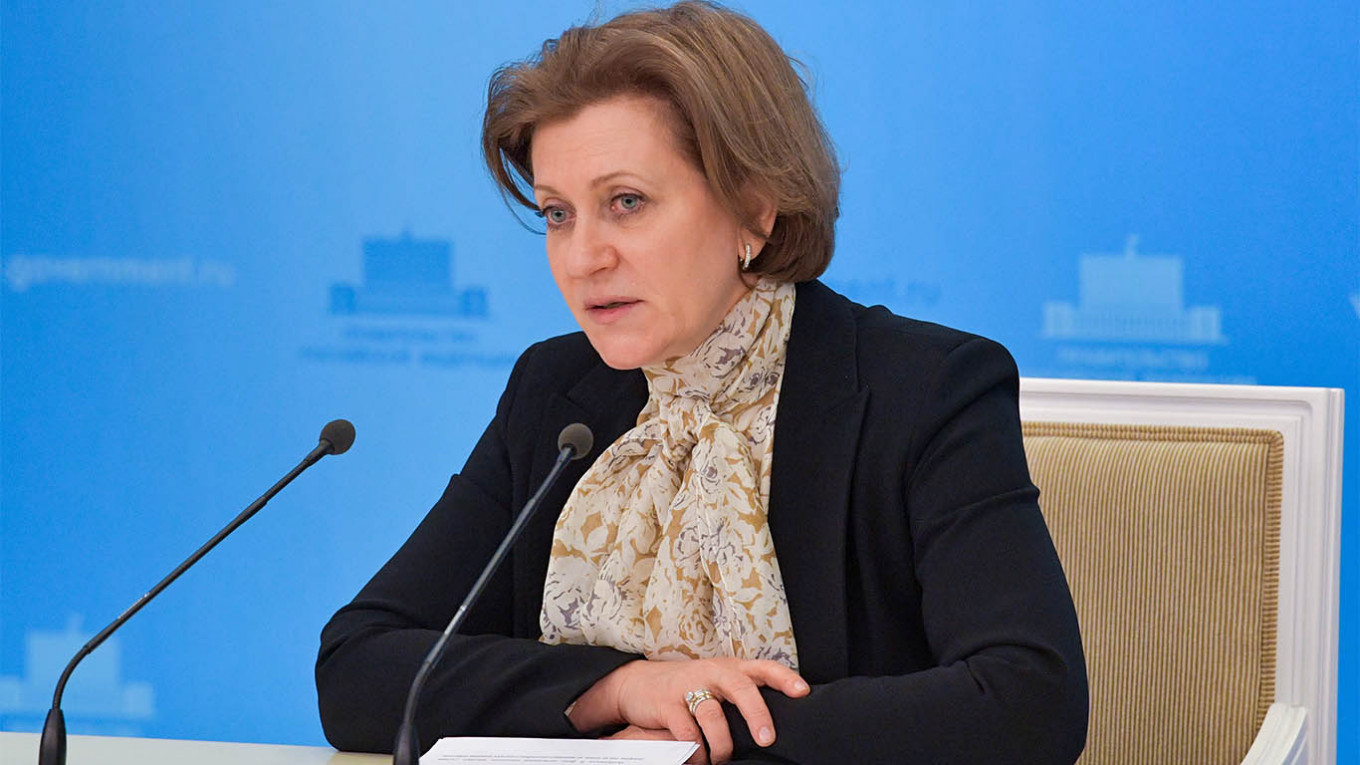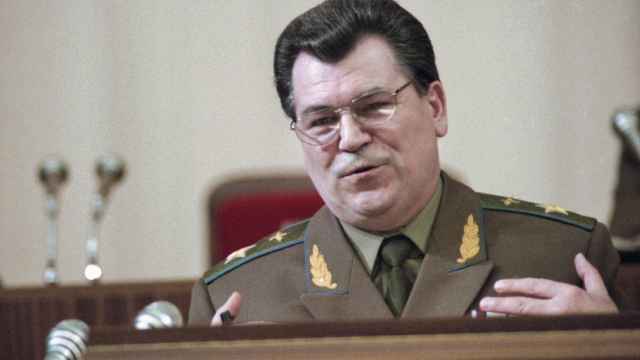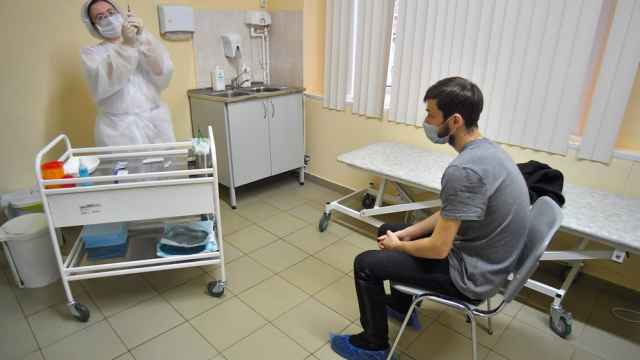Russia’s coronavirus lockdown could stay in place until at least the end of 2020 when a vaccine is developed or until the pandemic ends, the head of Russia’s consumer protection watchdog said Friday.
Anna Popova’s grim prediction comes as Russia recorded six straight days of more than 10,000 new coronavirus cases, bringing its overall numbers to the fifth highest in the world with 187,859 confirmed infections.
“We need to change our rules of life... for a certain period. Maybe until the end of the year if there’s a vaccine, maybe earlier if the virus decides that it’s ‘tired’ and leaves,” Popova said.
“It’s unavoidable that we must change our rules of life,” the state-run TASS news agency quoted Popova as saying at a parliamentary meeting with members of the ruling United Russia party.
Popova proposed a three-stage process for relaxing virus lockdown rules at talks with President Vladimir Putin this week.
Health experts predict that a best-case timetable for a potential coronavirus vaccine is 12-18 months, a forecast that others call too optimistic.
Moscow’s deputy mayor Anastasia Rakova said Friday that residents would have to “get used to living and functioning” with the virus.
Russia has been under a nationwide “non-working” period since late March, which has been extended twice and is now due to expire Monday. Most regions including Moscow have enacted formal lockdown measures that restrict most movement.
On Thursday Moscow’s mayor extended the capital's lockdown to May 31 and made it mandatory to wear masks and gloves in public. The Moscow region and other Russian territories followed suit hours later, announcing their lockdown extensions until May 31.
A Message from The Moscow Times:
Dear readers,
We are facing unprecedented challenges. Russia's Prosecutor General's Office has designated The Moscow Times as an "undesirable" organization, criminalizing our work and putting our staff at risk of prosecution. This follows our earlier unjust labeling as a "foreign agent."
These actions are direct attempts to silence independent journalism in Russia. The authorities claim our work "discredits the decisions of the Russian leadership." We see things differently: we strive to provide accurate, unbiased reporting on Russia.
We, the journalists of The Moscow Times, refuse to be silenced. But to continue our work, we need your help.
Your support, no matter how small, makes a world of difference. If you can, please support us monthly starting from just $2. It's quick to set up, and every contribution makes a significant impact.
By supporting The Moscow Times, you're defending open, independent journalism in the face of repression. Thank you for standing with us.
Remind me later.






